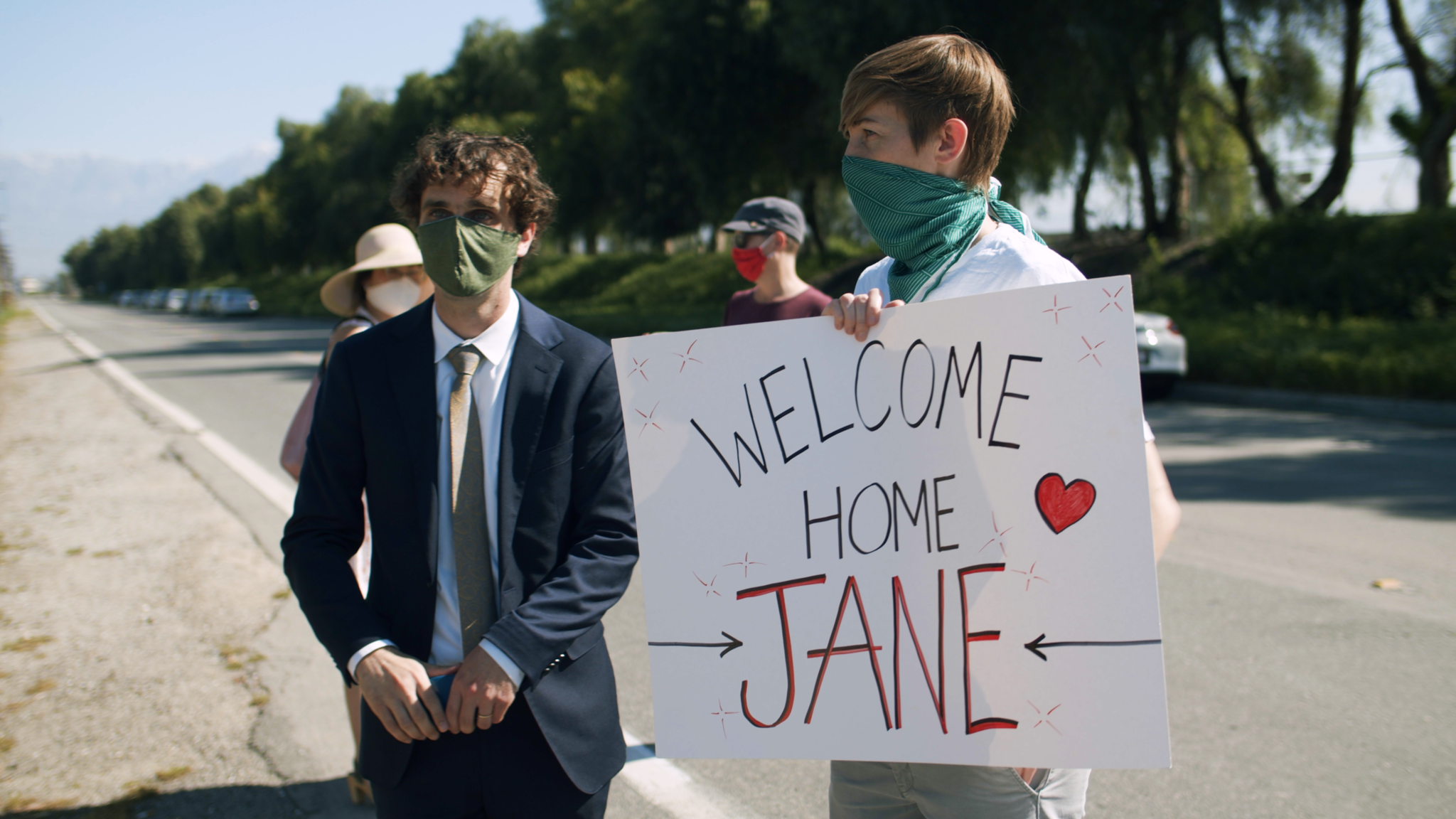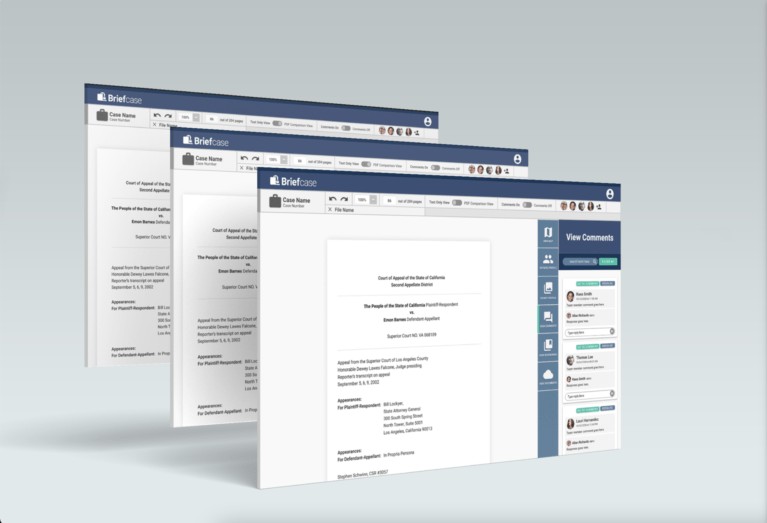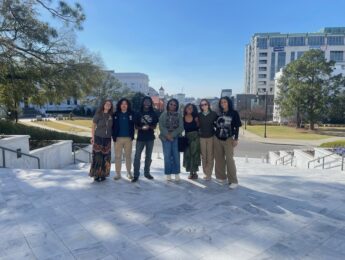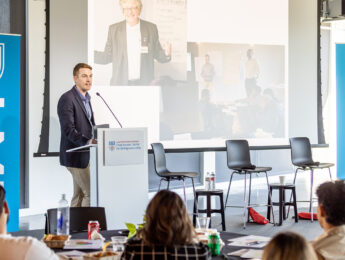
When two childhood friends reconnected after one ended up on the faculty at Seaver College of Science and Engineering and the other at LMU Loyola Law School, the result was not only a rekindled friendship, but also an app developed by LMU students with the potential to help secure freedom for the wrongly incarcerated.
Andrew Forney ’12 and Michael Petersen ‘12 lived a block from one another growing up, and attended every school together through college. Now they’re both back at LMU — Forney as an assistant professor of computer science, and Petersen as a staff attorney with Loyola Law School’s Project for the Innocent. Since 2011, the LPI has won the release of six clients who collectively served more than 100 years in prison for crimes they didn’t commit.
As the two old friends caught up, Forney learned about the challenges inherent in LPI’s efforts. “Their work involves combing through thousands of pages of a single court trial’s transcripts to find opportunities through which to exonerate a client — veritable needles in a large, litigative haystack,” Forney says. “Worse, these transcripts are available only as PDFs that are not exactly the most readable.” The result is a huge backlog: Despite nearly 1,000 cases in the queue for review, LPI is able to process only about 30 per year.

“That means that even if they didn’t receive any new cases, it would take LPI more than 30 years to address the cases in their queue,” explains Manny Barreto, a recent computer science graduate Forney recruited for the project.As a computer scientist, Forney saw an opportunity both to help with LPI’s mission and to provide experience for his students in bringing artificial intelligence and data sciences tools to a real-world problem. The result is Briefcase: Intelligent Court Case Management, a web application designed by a team of students under Forney’s supervision and in collaboration with LPI. The app, now available to LPI lawyers and their law students in its alpha phase, aims to increase attorney productivity through both AI-enabled insights and tools for more efficiently navigating and collaborating on court transcripts.In late 2019, Forney recruited two of his top AI students, Barreto and Lucille Njoo, to spearhead the effort by developing tools for turning the lengthy court transcripts into a computer-processable plaintext format.
“We spent a lot of time experimenting with how to apply natural language processing to this domain,” said Njoo, a computer science major who recently graduated in 2021. “Eventually we developed a pipeline with three stages. First, we extract the text itself. Then we parse out the document’s structure. Finally we train models to answer questions about the trial.”
To package the tools so that they would be usable by the attorneys, the team grew to include other students — Cooper LaRhette, Jenna Berlinberg, Masao Kitamura, and Tyler Ilunga — along with an LMU alum, Natalie Stainton, to assist with graphic design.
The team developed a web interface with tools for collaborating on transcripts. “Users log in, browse their dashboard, upload a case and let it process, then open it in the workspace where they can work on the case using Briefcase’s tools,” said Berlinberg, who recently graduated with a degree in computer science.
“Users are able to make comments on quotes directly on the document, which makes team discussion much easier,” added LaRhette, who also graduated in 2021 with a degree in computer science. “We’ve also developed a tool that will allow users to tag sentences with custom labels to make it easier for them to bookmark certain places in the text.”
As part of the cross-campus effort they have also enlisted David Choi, an entrepreneurship professor in LMU’s College of Business Administration, and one of his students, Christian Jackson, to help the team consider the long-term startup potential of its work.
“We’re very hopeful that these tools can help Project for the Innocent process cases more quickly and effectively, with a more connected and informed team,” Forney says. “All the while, our incredible students are gaining invaluable interdisciplinary research and programming experience that has already been opening many doors for them.”






